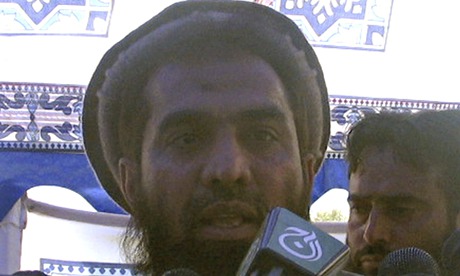It looks very much as though 2015 will be a good year for the world economy, after all – and, if it is, that will be thanks to the fall in the oil price. It won't be good for everyone and we have already seen the pressure it puts on the Russian leadership – though, before you conclude that sometimes there is natural justice in the world, remember that the people who are hurt are not leaders such as Vladimir Putin. Other oil- and gas-exporting countries are damaged, too, and I think we will see further fallout in unpredictable ways. But the net impact is strongly positive, more so than most commentators at present acknowledge. The winners far outnumber the losers.
If that sounds overly optimistic, consider this. We have a lot of experience of sudden increases in the price of oil but very little of sudden falls. Oil has tended to go up in big jumps and come down in small, incremental notches. We know that, when the oil price suddenly doubles, this gives world growth a huge blow. The global recessions of the 1970s, the early 1980s and 2008 were all triggered by an oil-price shock. So if oil gives the economy a blow on the way up, surely it must give a corresponding boost when it is on the way down?
How much of a boost? It would be nice to have a ready-reckoner on the lines that x per cent off the oil price would lead to a y per cent rise in growth. But that isn't possible. First, we don't know what the oil price will do in the months ahead. And, second, the fall in price can come about either from an increase in supply or from a broader trend of deflation around the world. If the former, the lower oil price is undoubtedly positive; but if the driver is general deflation (and in Europe and Japan inflation had plunged before the oil-price fall), the argument is more finely balanced.
There is a spectrum of views on this. Here are a couple, from each end of the scale. The more cautious comes from HSBC, which has just put out a paper emphasising deflationary concerns. It notes that the world is saddled with high levels of debt and that years of very low interest rates and quantitative easing have failed to get credit growth moving. It concludes: "It's increasingly difficult to ignore the echoes from Japan."
At the optimistic end is Berenberg Bank, which reckons that lower oil prices will increase demand in Europe and America by at least 0.5 per cent over the next 18 months. It acknowledges that there are losers and that the damage to Russia may spill over into Germany and Italy. But the conclusion is upbeat: "Cheaper oil, if it lasts, should provide a persistent tailwind to growth for oil consumers over the next few years even beyond the short-term boost to real incomes."
My feeling is that the fall in the oil price comes just in time to sustain and broaden an uneven recovery. Continental Europe and Japan have been the two main laggards in the developed world and both depend heavily on imported energy. If the price drop adds 0.5 per cent to eurozone growth next year, that would be enough to double the performance of 2014. We must be aware that cheaper energy cuts headline inflation and it is quite possible that this will go negative early next year in the eurozone.
But the problems of the eurozone go far beyond simple deflation, for they concern the rigidities imposed on Europe by the single currency and the lack of structural reforms, especially in Italy and France. In any case, underlying inflation will pick up once cheaper oil has worked through the system; meanwhile, the dip will nudge the European Central Bank to have yet another shot at boosting demand.
And for Britain? As a net importer of oil, we are a net beneficiary. This is bad news for the North Sea oil industry and for the Scottish economy, but the UK as a whole is a modest winner. If Europe perks up a bit, we become a bigger winner thanks to higher exports. British consumers are clear winners, as we have seen, and the idea that the economy can have another year of 3 per cent growth, maybe a bit more, seems a decent bet. Next year's uncertainties are political, not economic.
We can, as a country, make a mess of things. We know how to do that. But whereas for most of the past five years we have been butting into a global headwind, now we have a tailwind. And that is a huge change that I don't think we fully appreciate.



